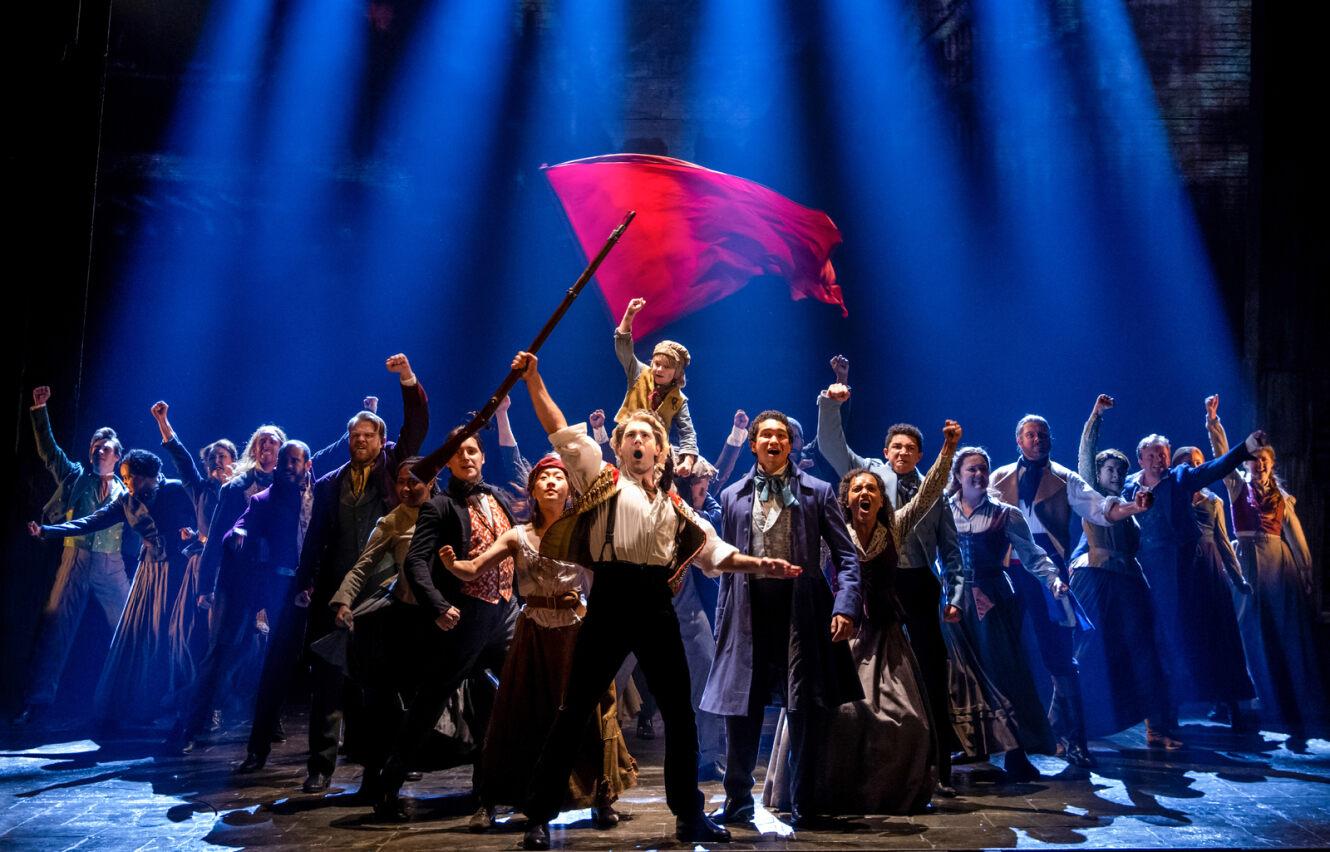
Although she was one of the first blues singers to ever make recordings and was dubbed by some as “The Mother of the Blues,” to many, Ma Rainey is an obscure name.
Except of course for those who have seen University Theatre’s “Ma Rainey’s Black Bottom,” a play which showcases the booming personality of the cynical blues singer. The play depicts her as a dominating woman whose unwavering independence and confidence keep her career afloat.
“Ma Rainey” came as one of ten installments of August Wilson’s “Pittsburgh Cycle,” a series of plays offering one play from each decade in the 20th Century. Wilson’s “Cycle” distills the experience of blacks during each particular time period.
On the surface, “Ma Rainey” is a play about a recording session. Ma Rainey arrives an hour late and constantly takes issue with her manager and the studio owner. The audience ultimately witnesses an exploration of the unique problems black Americans faced in the 1920s.
The production expertly cast jaki-terry in the title role, where she proved her ability to capture viewers’ respect and attention. Jaki-terry is currently pursuing her MFA in acting at UW-Madison and delivered an immensely convincing depiction of the sassy jazz singer.
Even while acting like a spoiled prima donna, it is easy to see that there are more complex motivators than selfishness behind Rainey’s character. Jaki-terry does an admirable job emphasizing both the excess and the thoughtfulness of Ma Rainey.
Although Wilson named his play after the singer, the show concentrates as much on the experiences of the supporting characters as on Rainey herself.
The tension of the play comes out in the interactions between the members of Rainey’s supporting band. The players were each as strong and memorable as the title character and delivered the play’s big themes convincingly. From the sober-minded pianist Toledo (Alfred H. Wilson) to the fiery trumpeter Levee, the band offered a brilliant cross section of the African-American experience in the 1920s.
Questions over their ethnic identity and their role in improving their race’s status conflict the players in the band. Even the existence of God is brought into question in this modest but sprawling production.
Animated conversations among the characters convey these grand concepts with enough subtlety to avoid coming off as preachy or heavy-handed. During one particularly affecting scene, Levee the trumpet player (Trevon Jackson) recounts his mother’s gang rape and begs the question “Where was God then”?
All these characters rose from the stage to show strikingly varied and interesting personalities. While Sturdyvant, the studio owner, and Irvin, Rainey’s manager, often came across as flat caricatures of manipulative whites, the musicians were complex and believable.
Levee initially comes across as a character whose sole trait is an unshakeable narcissism. Soon it is revealed that he is as bitter and confused about his race’s place in society as the philosophically minded Toledo.
The band is fascinating to see interact. Their conversations always start out light and humorous and then take a gradual turn to the play’s more serious themes. Toledo’s lines at times turn him into a mouthpiece for the deep thoughts explored in the play.
After the bassist Slow Drag tries to convince the trombonist to give him some marijuana, Toledo explains that Slow Drag was displaying “a traditional African concept of kinship.” Toledo’s awkward sociological analysis of a guy who was just trying to get high felt out of place and heavy-handed in the otherwise nuanced play.
Fortunately Toledo’s actor, Alfred H. Wilson, commands enough respect to come across as genuine even while reciting August Wilson’s less graceful lines.
When Toledo spoke, people in the crowd nodded in interest. The audience sat in silence after Levee finished telling his mother’s rape story. Rainey embodied for the audience the racial tension of the era. Each of the University Theatre’s players seduced as well as any in a Broadway theater.
University Theater’s production offers enough sheer talent to deliver this powerfully serious play convincingly. Even when talking about faith and the status of black Americans in the United States, the cast keeps the attention and trust of the audience. “Ma Rainey” provides an entertaining and though-provoking study into a time in America that seems alien to most living now.
“Ma Rainey’s Black Bottom” is playing at the Mitchell Theater through March 22. There will be a post-performance discussion with the actors after the Thursday, March 15, performance.


















